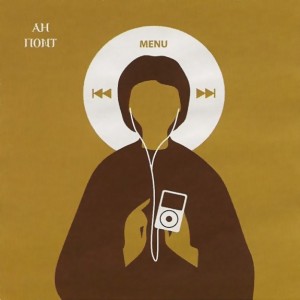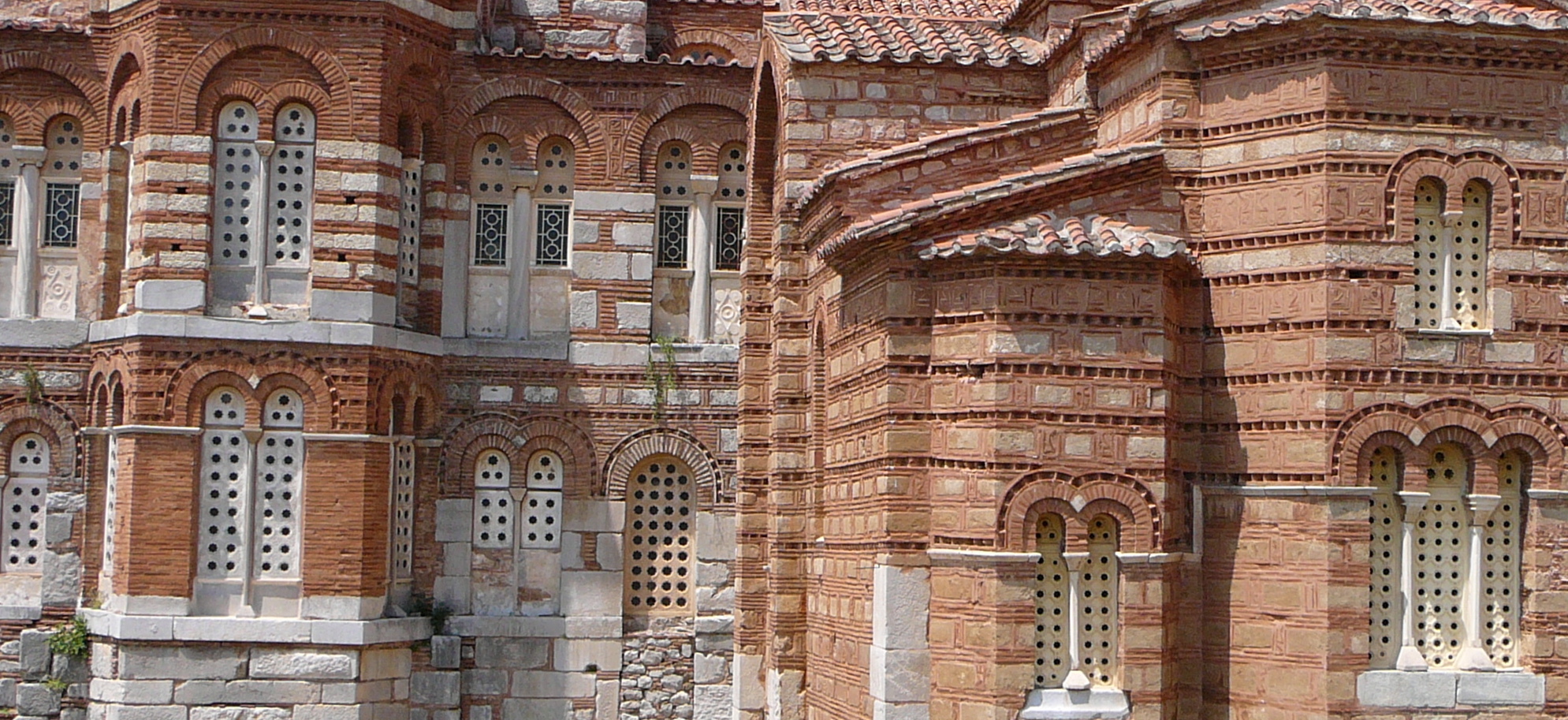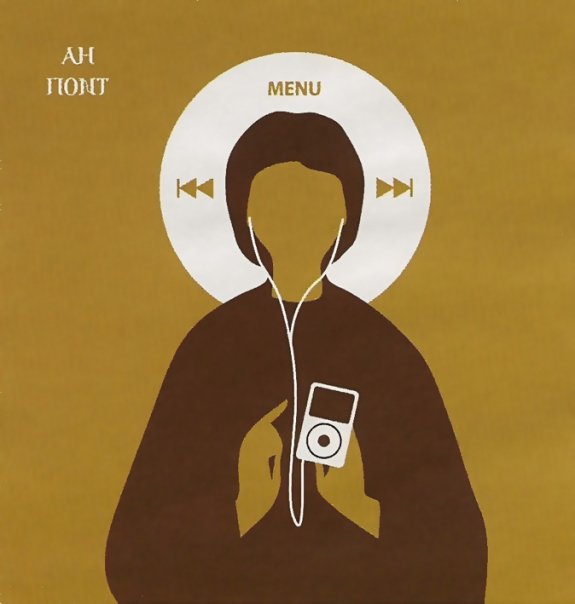Episodes

Thursday Mar 31, 2022
68. Classical scholarship and philology in Byzantium, with Filippomaria Pontani
Thursday Mar 31, 2022
Thursday Mar 31, 2022
A conversation with Filippomaria Pontani (Ca' Foscari University of Venice) on the ways that Byzantine scholars engaged with classical texts, and their place in the transmission and study of classical literature from antiquity to the present. In addition to manuscripts, we talk about commentaries, lexika, and encyclopedias. The conversation is based on the magisterial survey that Filippomaria published recently, 'Scholarship in the Byzantine Empire (529-1453),' in the volume History of Ancient Greek Scholarship from the Beginnings to the End of the Byzantine Age, ed. F. Montanari (Brill 2020).

Thursday Mar 17, 2022
67. Wherein Tina and I take bad scholarly habits to task, with Tina Sessa
Thursday Mar 17, 2022
Thursday Mar 17, 2022
In a fun romp through some of the foibles, evasions, pretensions, and generally bad habits of scholarship, Tina and I take our fields to task for practices that make our eyes roll. Sure, we've probably been guilty of most of these too! But what better place to vent a bit than a podcast? Dedicated listeners will know Tina (Ohio State University) from episodes 4 and 21; she is a veritable co-host of the show.

Thursday Mar 03, 2022
66. The perils of childbirth, with Christian Laes
Thursday Mar 03, 2022
Thursday Mar 03, 2022
A conversation with Christian Laes about one of the most joyous, dangerous, and often tragic, moments of life in antiquity and the Middle Ages: childbirth. We discuss the sad fact of infant mortality, the first days of children who survived, and the difficult choices that families had to make if the mother did not survive, but the child did. What was the emotional and demographic impact of the perils of childbirth? The conversation is based on two of Christian's papers, 'Infants between Biological and Social Birth in Antiquity,' Historia 63 (2014) 364-383; and 'Motherless Infancy in the Roman and the Late Ancient World,' in the volume Missing Mothers: Maternal Absence in Antiquity (Leuven 2021) 15-41.

Thursday Feb 17, 2022
65. Who was Hypatia of Alexandria and what does she stand for? with Silvia Ronchey
Thursday Feb 17, 2022
Thursday Feb 17, 2022
A conversation with Silvia Ronchey (University of Roma Tre) about the famous philosopher Hypatia of Alexandria, who was murdered in the early fifth century by goons working for Cyril, the bishop of the city. Who was she? What traditions gave her a position of social prominence? To what degree may she be considered a feminist icon? The conversation is based on Silvia's book Hypatia: The True Story, issued now in English translation (de Gruyter 2021). At the end we also talk a bit about the film Agora.

Thursday Feb 03, 2022
64. How did emperors make decisions?, with Michael Grünbart
Thursday Feb 03, 2022
Thursday Feb 03, 2022
A conversation with Michael Grünbart (University of Münster) about the problem of imperial decision-making. Byzantine emperors are often presented to us as perfectly virtuous monarchs favored by God, but can we pull the veil away from this image and understand the difficult conditions under which they had to make decisions that could potentially cost them their throne? Whom did they consult? How and why did they delegate? Did they have experts? Data? When could they avoid making decisions? As someone in academic middle-management, these questions cut close to home!

Thursday Jan 20, 2022
63. The religion of simple believers, with Jack Tannous
Thursday Jan 20, 2022
Thursday Jan 20, 2022
A conversation with Jack Tannous (Princeton University) about the "simple believers" who made up the majority of the population of Byzantium (as well as the caliphate and just about any premodern monotheistic society). They probably knew little about the minutiae of theology, but what did they know about their faith, and how important was theology for their religious identity? The discussion is based on Jack's recent book The Making of the Medieval Middle East: Religion, Society, and Simple Believers (Princeton University Press, 2018), which highlights the role of religious practice and interpersonal attachments.

Thursday Jan 06, 2022
62. Byzantine dress and fashion, with Jennifer Ball and Elizabeth Dospěl Williams
Thursday Jan 06, 2022
Thursday Jan 06, 2022
A conversation with Jen Ball (City University of New York) and Betsy Williams (Dumbarton Oaks, also episode 47) on the study of Byzantine dress and fashion. How do we know what people wore? Was clothing gendered? Why are dress and jewelry studied separately? And can we talk about fashion in Byzantium, or was fashion, as some believe, a modern development? For an excellent introduction to these problems, see Jen's book Byzantine Dress: Representations of Secular Dress in Eighth- to Twelfth-Century Painting (New York: Palgrave 2005).

Thursday Dec 23, 2021
61. Being Roman in Syriac, with Hartmut Leppin
Thursday Dec 23, 2021
Thursday Dec 23, 2021
A conversation with Hartmut Leppin (Johann Wolfgang Goethe-Universität, Frankfurt am Main) about how one could be a Roman in Syriac, focusing on the sixth-century author John of Ephesos, otherwise known as Yuhannan from Amida. If one could be Roman in Greek (which is what we call "Byzantium"), why not also in Syriac? The discussion is based on Hartmut's study of "The Roman Empire in John of Ephesus' Church History: Being Roman, Writing Syriac," in P. Van Nuffelen, ed., Historiography and Space in Late Antiquity(Cambridge University Press 2019) 113-135.

Thursday Dec 09, 2021
Thursday Dec 09, 2021
A conversation with Adam Goldwyn (North Dakota State University) about first-person narratives whose protagonists experience foreign conquest, captivity, enslavement, degradation, humiliation, and loss of rights. It is based on his recent book Witness Literature in Byzantium: Narrating Slaves, Prisoners, and Refugees (Palgrave MacMillan 2021), which uses comparisons to the literature of the Holocaust and the Atlantic slave trade to illuminate the insights of Byzantine texts that represent similar personal experiences. Can Byzantine literature speak powerfully to these transhistorical traumas? How can we activate it to do so?

Thursday Nov 25, 2021
59. What exactly ended in Late Antiquity?, with Polymnia Athanassiadi
Thursday Nov 25, 2021
Thursday Nov 25, 2021
A conversation with Polymnia Athanassiadi (University of Athens) about the way of life that ended in late antiquity. Scholars of Byzantium and the Middle Ages may see this as a period of new beginnings, but Polymnia doesn't want us to forget the practices and urban values that came to an end during it. The conversation touches on issues raised throughout her papers collected in Mutations of Hellenism in Late Antiquity (Variorum Ashgate 2015), as well as the concept of "monodoxy" explored in Vers la pensée unique: La montée de l'intolerance dans l'Antiquité tardive (Les Belles Lettres 2010).

